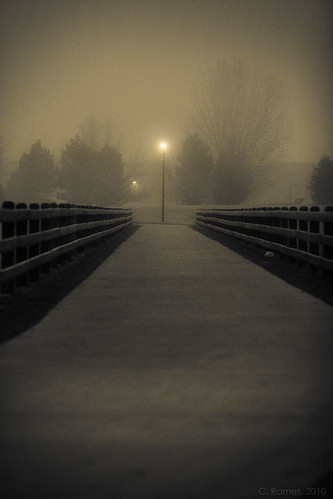In King Lear, the daughters Goneril and Regan turn against the natural order of things - or in other words, they turn against their father. This upheaval of what you can call the natural affection causes nature to not only start behaving unnaturally, but it will also try to get back to a normal, or natural, state.
In Macbeth, there was the strange events in nature the night King Duncan was killed (an act against nature, as kings were believed to be divinely appointed at that time).
Lennox describes it in this way:
The night has been unruly: where we lay,
Our chimneys were blown down; and, as they say,
Lamentings heard i' the air; strange screams of death,
And prophesying with accents terrible
Of dire combustion and confused events
New hatch'd to the woeful time: the obscure bird
Clamour'd the livelong night: some say, the earth
Was feverish and did shake.
In the next act Ross talks with an Old Man about what strange occurrences had been going on:
Ross:
"by the clock, 'tis day,
And yet dark night strangles the travelling lamp:
Is't night's predominance, or the day's shame,
That darkness does the face of earth entomb,
When living light should kiss it?
Old Man:
'Tis unnatural,
Even like the deed that's done. On Tuesday last,
A falcon, towering in her pride of place,
Was by a mousing owl hawk'd at and kill'd.
Ross:
And Duncan's horses - a thing most strange and certain-
Beauteous and swift, the minions of their race,
Turn'd wild in nature, broke their stalls, flung out,
Contending 'gainst obedience, as they would make
War with mankind.
Old Man:
'Tis said they did eat each other.
Ross:
They did so, to the amazement of mine eyes
That look'd upon't.
So it can't be any surprise that when King Lear's daughters turn against their natural affection towards their father, that strange occurrences start to happen in nature. And in this case, it comes in the shape of a storm.
The Earl of Gloucester:
Alack, the night comes on, and the bleak winds
Do sorely ruffle. For many miles about
There's scarce a bush.
Duke of Cornwall:
Shut up your doors, my lord: 'tis a wild night.
My Regan counsels well. Come out o' th' storm.
In Macbeth, nature seemed to fight back. I don't think it was a coincidence that the first sign of Macbeth's downfall was the coming of the woods against him.
Third Apparition:
Macbeth shall never vanquish'd be until
Great Birnam wood to high Dunsinane hill
Shall come against him.
So, never having read King Lear before, I can't wait to find out if nature will rise up again, or if the events will be purely a man-made ending. I'll have to wait and see . . .

















This reminded me of Austin's comments about Midsummer Night's dream and how he discussed relationships being out of balance. It was a good point that this is often reflected in nature in Shakespeare's plays. It seems like the tragedies and comedies have things in common...both deal with balance and the natural order...but one ends badly and one doesn't.